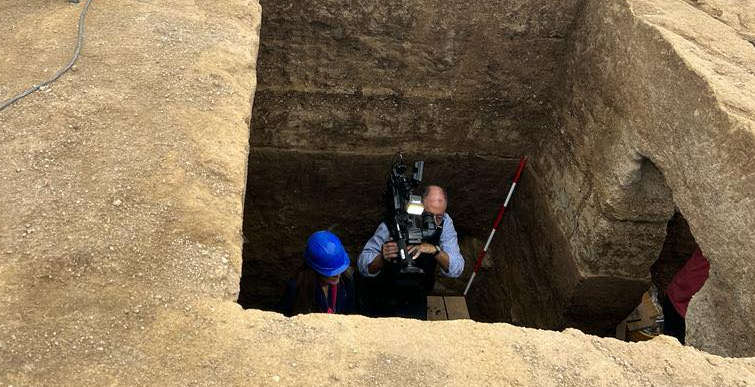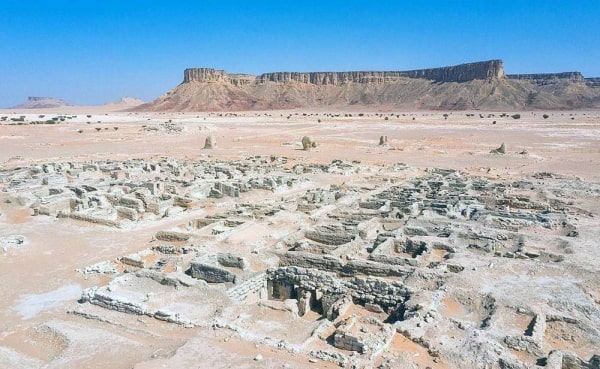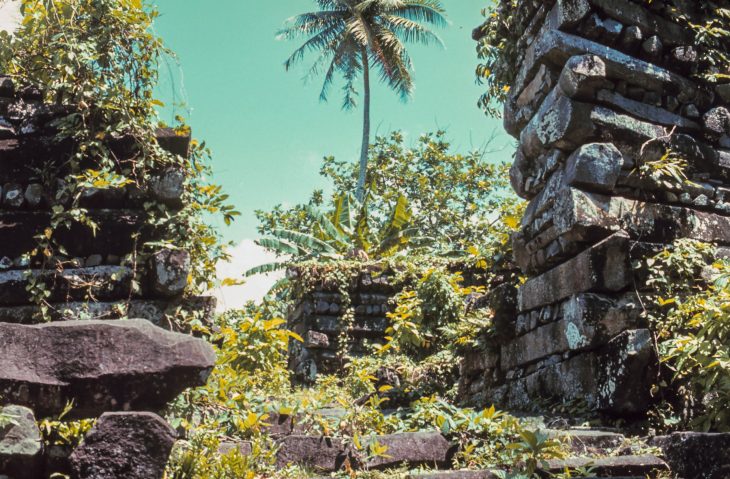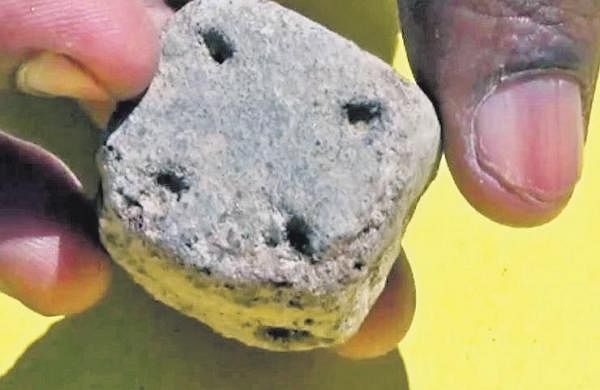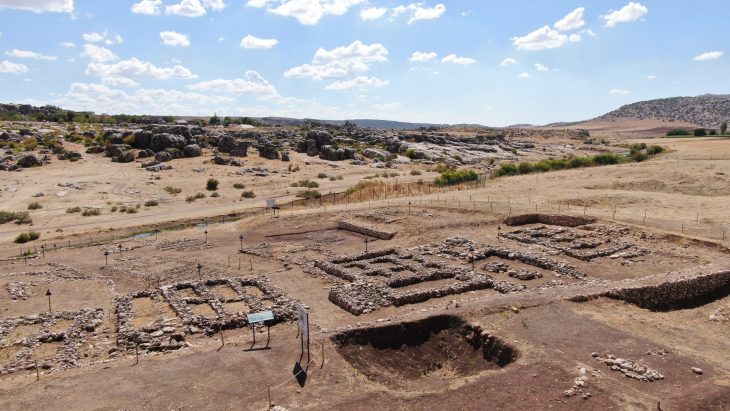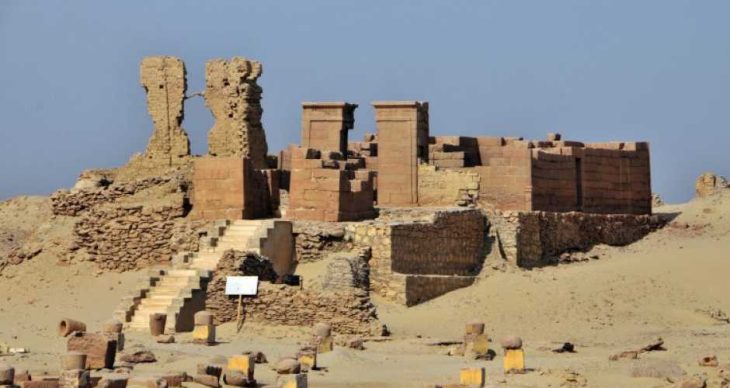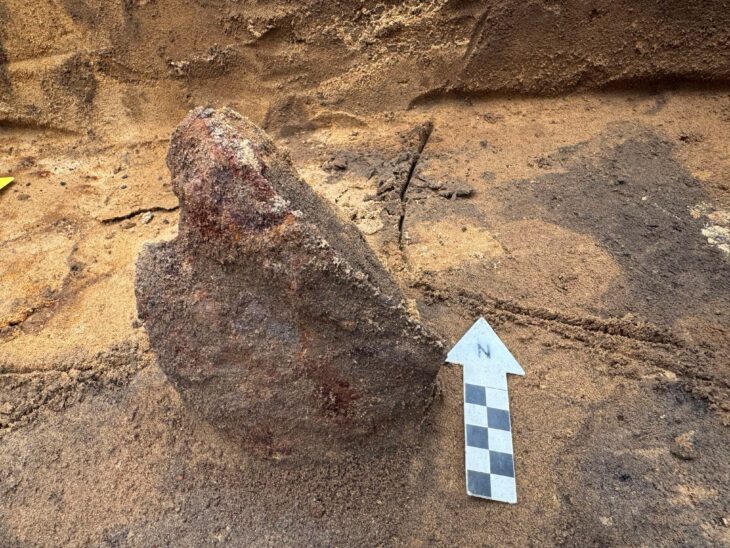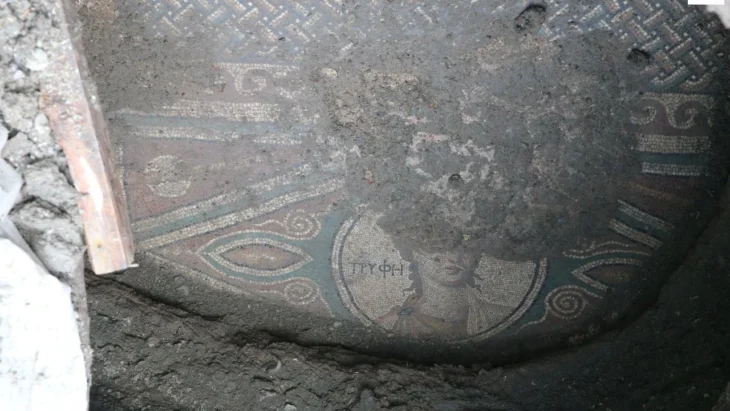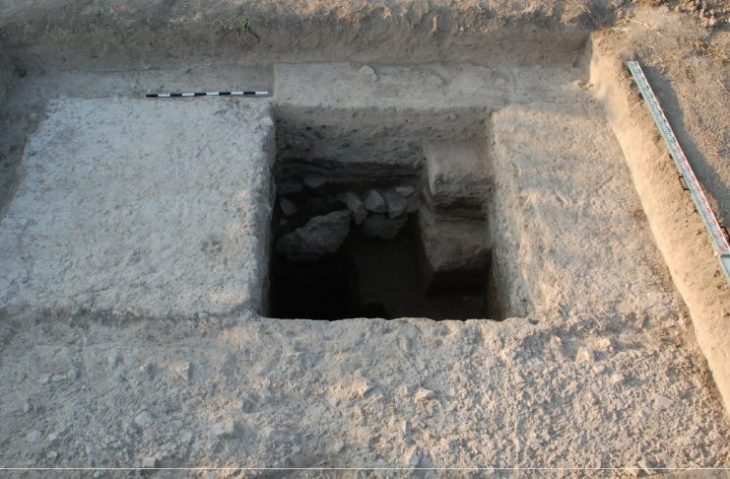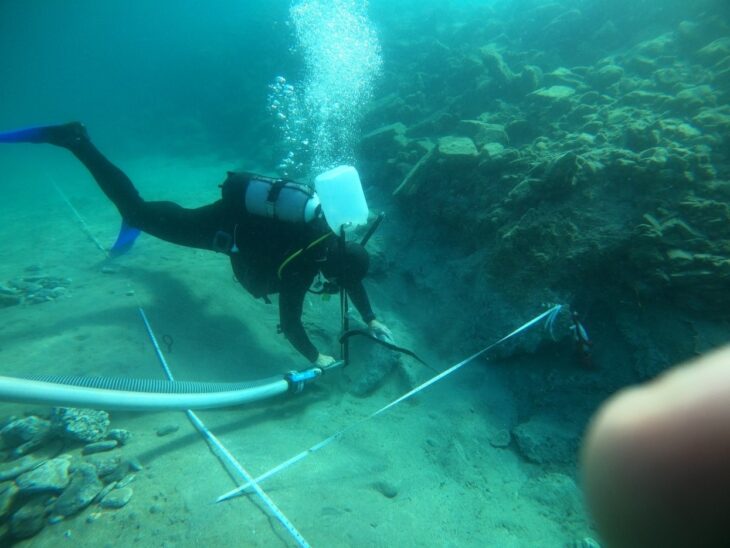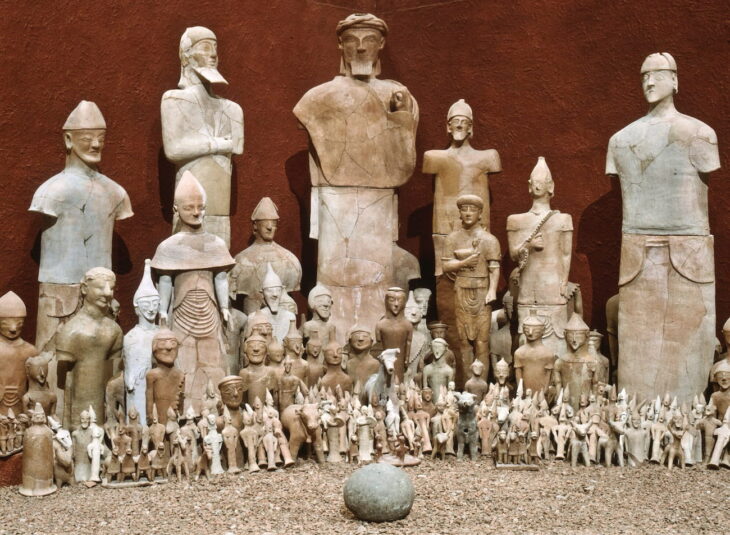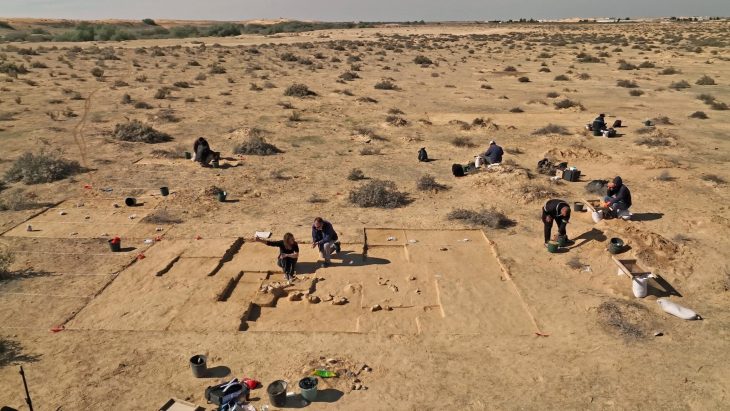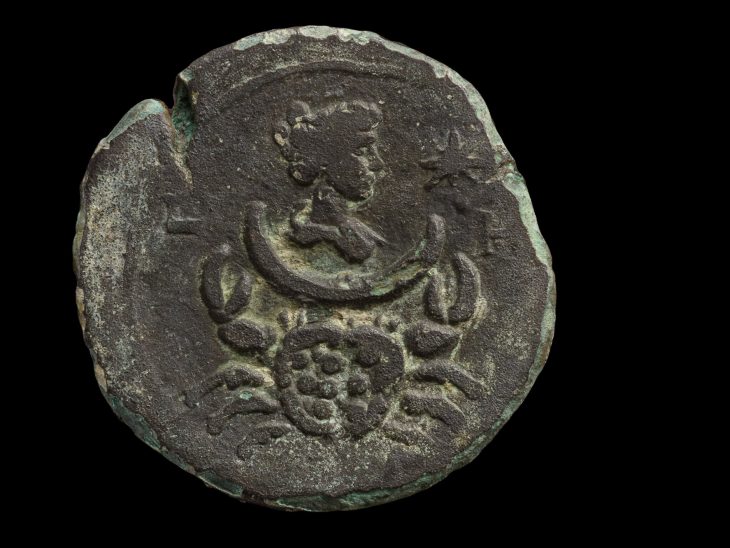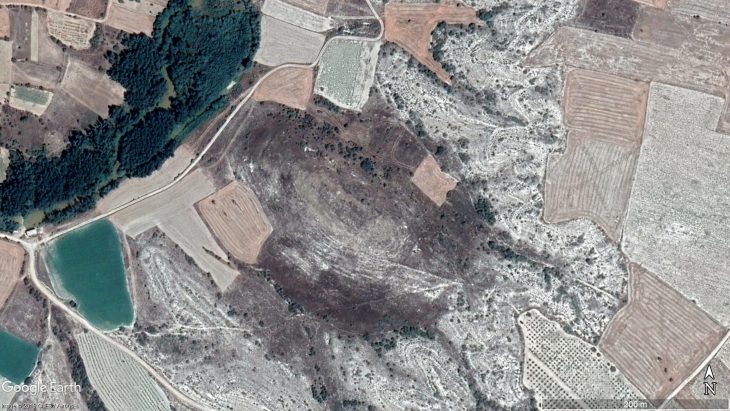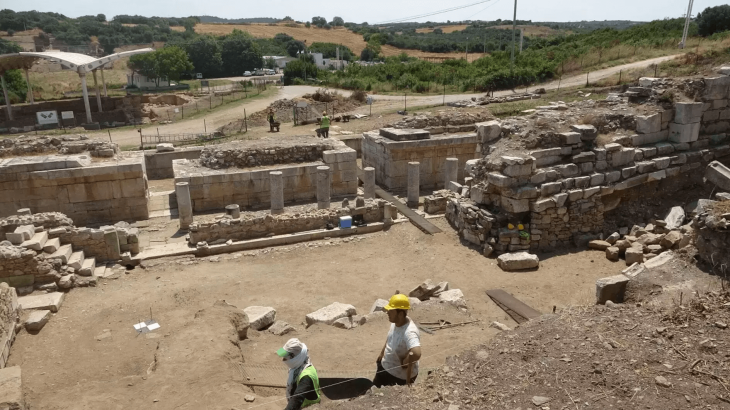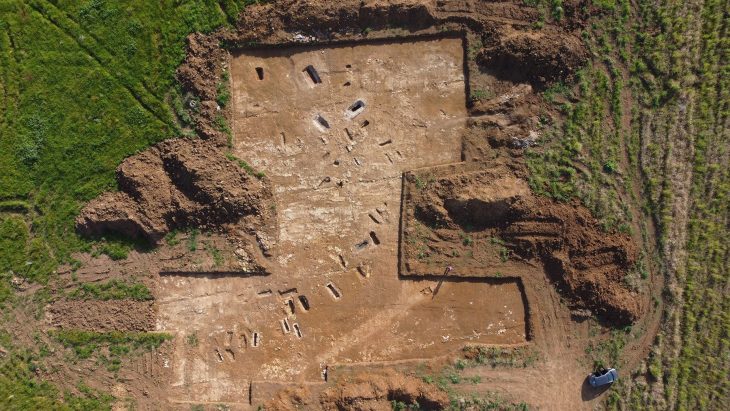In Vulci Archaeological Park, central Italy, a 2,600-year-old intact double-chambered Etruscan tomb that was discovered in April and had remained untouched was opened.
The double-chambered tomb located in the Osteria necropolis in Vulci, a rich Etruscan city in what is now northern Lazio, central Italy, is intact and contains extremely rare remains and artifacts.
The Vulci Foundation excavation campaign is being conducted by the Soprintendenza Archeologia, Belle Arti e Paesaggio for the province of Viterbo and southern Etruria.
The tomb is approximately 2,600 years old and contains a rich collection of pottery, amphorae, utensils, cups, and a bronze cauldron. The objects are all in excellent condition, including a tablecloth that was used in the Etruscan religious ritual of the “last meal,” a food offering burned inside the tomb before it was sealed.
In detail, the tomb is very large, double-chambered carved into the tuff, and architecturally noteworthy
Simona Carosi, archaeologist in charge of the Archaeological and Nature Park, emphasizes how this find “gives us back in an unusual way the actual funerary banquet, as the Etruscans had laid it centuries and centuries ago.”
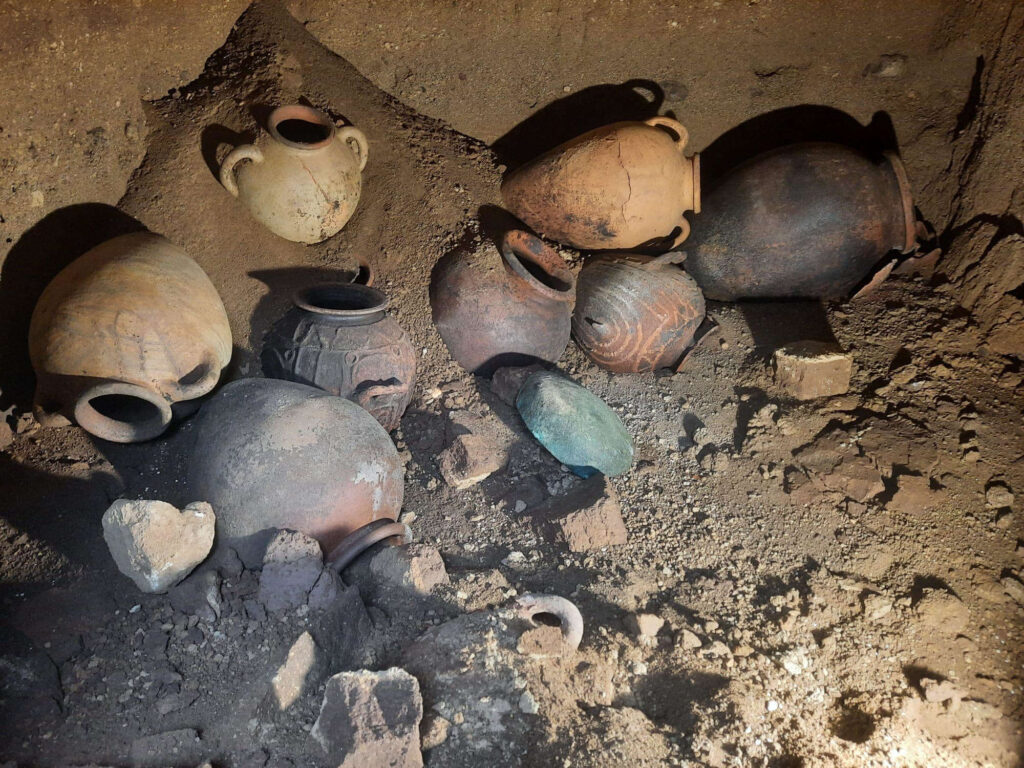
The Etruscan city in the Latium Maremma on the border with Tuscany is confirmed as one of the major centers of Etruria with a role as a hub for trade since the group of archaeologists who opened the ancient tomb were confronted with a vast trove of pottery and amphorae containing wine also from Greece, most likely from the island of Chios.
Archaeologists found a large tomb with two chambers dug into the soft volcanic tufa. The first chamber contained four Etruscan transport amphorae for local wine. The second chamber contained amphorae and ceramics from eastern Greece, Ionia, Corinth, and local production including black bucchero pottery. Archaeologists believe the two amphorae in Chamber B came from the island of Chios, the most prized wine in the Greco-Roman world. A tripod bowl and iron objects were also found in Chamber B.
As reported by Carlo Casi in the Messenger, director of the Vulci Foundation and host “Appears to be characterized by a septum spared in the rock that creates an archway between the dromos, that is, the short corridor with steps, and the vestibule, from which there was access to the two chambers, the front, and the left: the one, usual, on the right is missing, evidently because the space had already been occupied by other tombs.”

